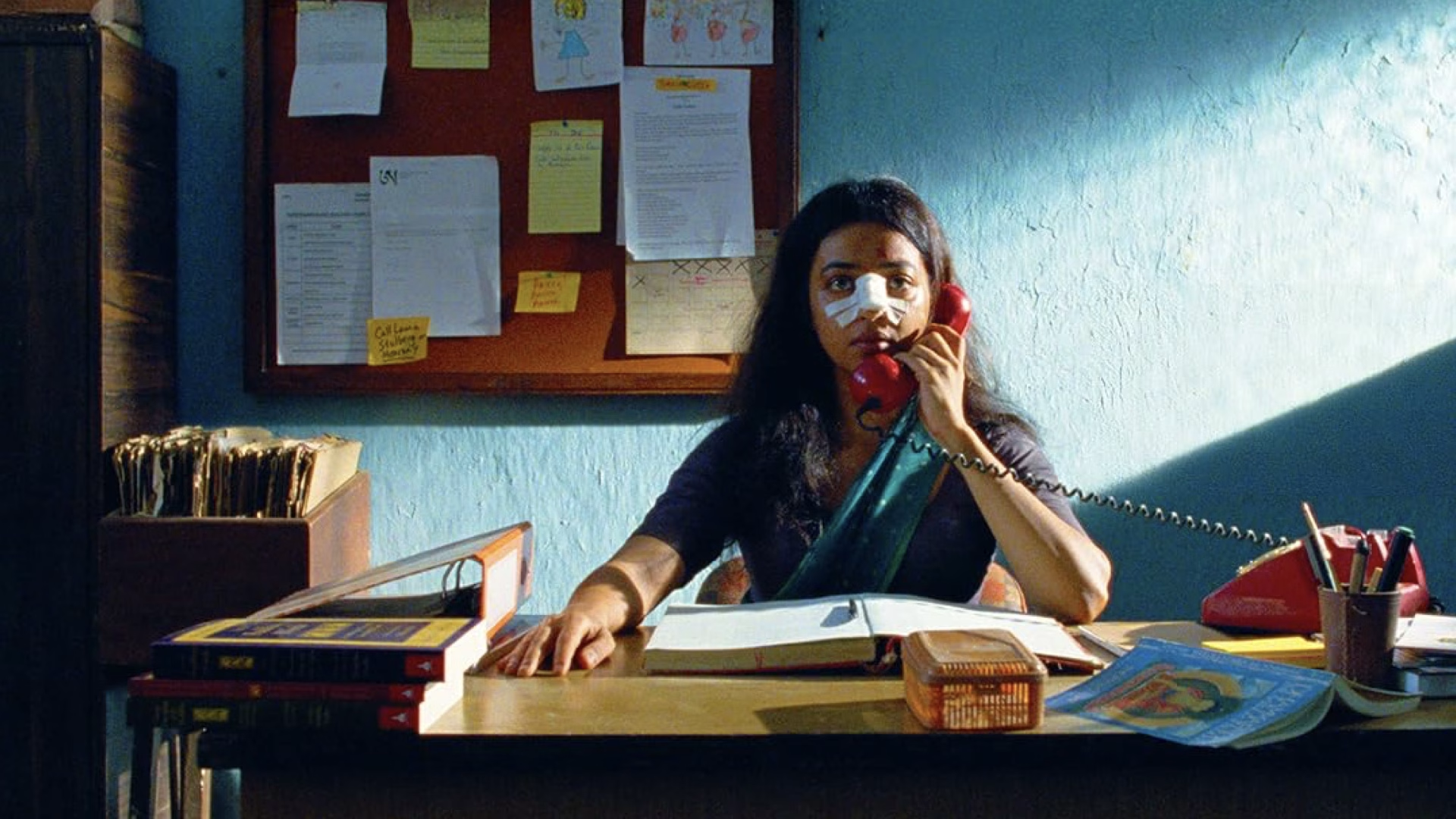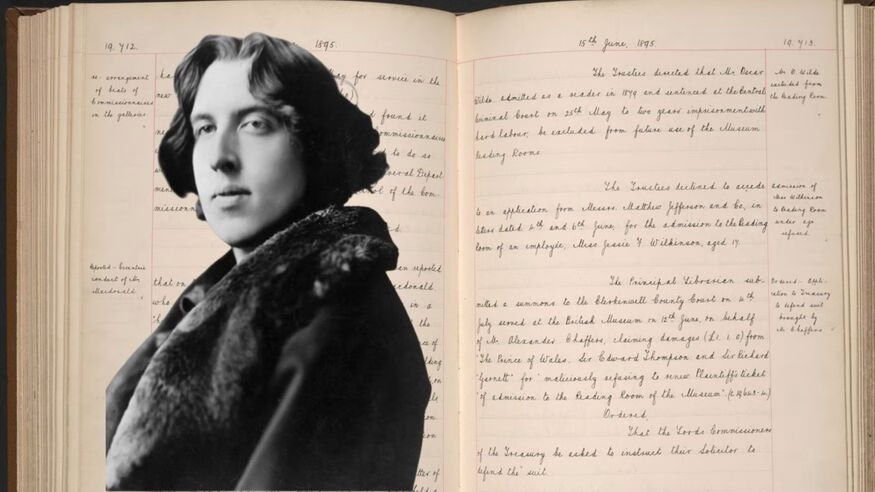Written and directed by Karan Kandhari, Sister Midnight is a genre-defying film that unearths the suppressed emotions of marriage through dark humor. Starring Radhika Apte as Uma, a woman grappling with society’s expectations after marriage, the film traces her growing unrest, which, combined with a sense of domestic entrapment, propels her into the strange world of the night. Her foray into odd jobs, encounters with eccentric characters, and an increasingly feral inner voice transform into a journey of self-discovery that is both hilarious and unsettling.
Kandhari turns the latent anger within an ordinary marriage into a subversive satire challenging societal norms. The film dismantles both the institution of marriage and the prescriptive ideals of “how a woman should be,” depicting a quest for freedom that is at times grotesque, at times playful. Apte shines as Uma, embodying a fragile yet dangerous energy; her expressions, physical comedy, and sudden outbursts make the character’s contradictions feel authentic.
The film’s visual world is as peculiar as its story. Cinematographer Sverre Sordal uses Mumbai’s nocturnal lights almost like a hallucination. Scenes bathed in streetlamp glow reflect both the darkness of Uma’s inner world and her yearning for freedom. Stop-motion effects and unexpected camera movements underscore Kandhari’s deliberate blurring of the line between reality and imagination.
Music plays a powerful role, with a soundtrack spanning The Stooges to Howlin’ Wolf, carrying the film’s energy. Each song corresponds to a phase of Uma’s transformation, blending blues, rock, and local melodies to give the story a global rhythm.
Sister Midnight premiered at the 2024 Cannes Directors’ Fortnight, where it garnered significant attention. It went on to earn 10 nominations, including at BAFTA, and won one international award. This success elevates Kandhari’s film beyond a “Hindi dark comedy” into a universal narrative. Festival audiences and critics remain divided: some call it “wildly original,” while others find its pace and eccentricity overly experimental. Yet, nearly everyone agrees that Apte’s performance is one of the year’s most compelling female roles.
Critics describe the film’s humor as “bold and unsettling.” FilmInt praises it as “one of the rare films that channels women’s inner rage through the language of humor.” IMDb users rate it 5.8/10, with fans of its dark humor and social critique insisting it demands a second viewing.
Sister Midnight confronts the pressure to be “normal,” the individuals trapped within marriage, and societal expectations. Its humor is as raw as its melancholy; Uma’s nocturnal quest for freedom mirrors the inner solitude of many women. Kandhari’s vision succeeds in unsettling while eliciting laughter, making it truly distinctive.
Ultimately, Sister Midnight is a unique work straddling dark comedy, feminist satire, and visual experience. Bold, strange, and unforgettable, it represents one of the most original voices in modern Indian cinema.














